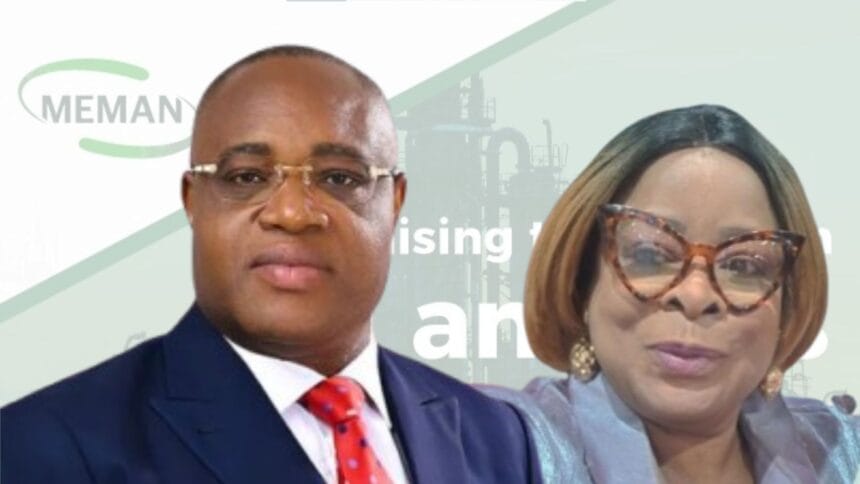… challenge FG to end importation of substandard petroleum products, assert local refiners can deliver quality
Tokunbo Thelma
Depot and Petroleum Products Marketers Association of Nigeria (DAPPMAN) and Crude Oil Refiners Association of Nigeria (CORAN) have called on the Nigerian Government to accelerate the full deregulation of Nigeria’s downstream petroleum sector, particularly in the pricing of petrol, to foster a level playing field where refineries can sell on a willing buyer-willing seller basis.
They also urged the government to halt the importation of substandard petroleum products, arguing that local refiners possess the capacity to supply high-quality products domestically.
According to the associations, with the proper implementation of incentives outlined in the Petroleum Industry Act (PIA) and by addressing corruption in the petroleum supply chain, local refiners could meet the country’s petroleum needs efficiently.
This call was made by Dr. Gabriel Ogbechie, Group Managing Director of Rain Oil representing DAPPMAN and Dolapo Okulaja-Kotun, Vice Chairman of the CORAN, during a virtual industry forum organized by the Major Energy Marketers Association of Nigeria (MEMAN) and its key partners on Monday.
Dr. Ogbechie, representing the Depot and Petroleum Products Marketers Association of Nigeria (DAPPMAN), noted that recent petrol price hikes signal a significant shift towards full deregulation.
According to him, “We’ve seen a seismic change in the downstream sector with recent price hikes for PMS”.
He noted that NNPC mega stations are still selling fuel below market rates, between N855 and N890, indicating remnants of a regulated market.
The Group Managing Director of Rain Oil pointed out that full deregulation would enable pricing to reflect total cost recovery.
He emphasized the need for a competitive market, where refineries and marketers can operate at full capacity without pricing restrictions.
Ogbechie also pointed to alternative energy solutions such as compressed natural gas (CNG) and electric vehicles (EVs), urging consumers to consider these options as petrol prices rise.
He said, “Nigerians need to look towards EVs. In the U.S., 1 in 10 cars is a Tesla. This is the direction we should be heading.”
Dolapo Okulaja-Ikotun stressed the importance of expanding Nigeria’s domestic refining capacity, noting that the country has the potential to produce refined products that meet global standards without compromising quality.
“Nigeria can become a leading exporter of petroleum products and meet domestic demand if we increase refining capacity and allow competition,” she said.
She criticized the Federal Government for allowing the continued importation of substandard petroleum products, which undermines local refiners.
“The NNPC continues to import substandard products, and this must stop to incentivize domestic refiners,” she stated.
Okulaja-Ikotun highlighted the regulatory and financial challenges faced by local refiners, including difficulties accessing feedstock and financing for refinery expansion.
According to her, infrastructure deficits, such as inadequate power and roads, which hinder refinery operations.
Okulaja-Ikotun called for greater investment in gas integration, off-grid power generation, and modular refinery expansion, along with technological advancements like catalytic hydrocracking and carbon capture.
Okulaja-Ikotun, Executive Director of Operations at Ikwe-Onna Refinery Ltd, underscored the importance of a sustainable energy strategy and increased support for local petroleum refiners.
She advocated for access to development intervention funds and guaranteed feedstock to foster growth in Nigeria’s downstream sector.
She also urged local refiners to demonstrate competence by adopting improved waste management practices, which would help them earn global carbon credits and ensure long-term sustainability in their operations.



